Have a look at the 2024 agenda
13:00
-
5 minsChairperson
13:25
-
50 mins
- With increasing operational, regulatory and financial complexity, resulting in greater consequences when failure arises, are NFR frameworks working?
- What is the 1st Line desired target operating model? To what extent does this differ from the present TOM?
- How does re-evaluating current methodologies, particularly in risk and control self-assessments (RCSA), and exploring technological advancements enhance these processes?
- What do participants see as the future of the 1st Line? Is the 1st Line Risk & Control being effectively resourced to ensure risks are effectively mitigated?
ChairpersonSpeakers
14:15
-
40 mins
-
40 mins
-
40 mins
15:05
-
50 mins
- What role do the 1st line perform in enhancing cyber resilience against emerging threats and attacks?
- What measures should be taken within the 1st line to bolster resilience in the organisation's supply chain against potential disruptions?
- What measures should the 1st line implement to integrate geopolitical risk management into broader risk and control programmes?
- Do current 1st line practitioners have the correct skills necessary to be experts in emerging risks as well as BAU activities?
15:55
-
5 mins
13:00
-
5 minsChairperson
13:25
-
50 mins
- Are RCSA’s more about helping the 1st line actively manage its business or ensuring risks emerging from the business are transparent and reported?
- What does the next evolution of RCSAs look like? What steps can firms take to transition RCSA’s from a traditional 'point in time' assessment to a more dynamic, continuously evolving approach?
- After more than 10 years of implementing RCSAs, what have we learnt about theory and practice?
- If there’s one thing banks could change to improve the effectiveness of RCSAs, what would it be?
ChairpersonSpeakers
14:20
-
Roundtable Discussion: Ensuring Effective Horizon Scanning for Risks40 mins
-
40 mins
-
40 mins
15:05
-
50 mins
- How can technology streamline the integration of regulatory requirements into the first line, transforming tactical fixes into sustainable, strategic solutions?
- In what ways does the empowerment of front-office personnel with advanced analytics, artificial intelligence, and automation tools enhance their capability to manage risks and make decisions in real-time?
- How does automation and digitisation of processes help overcome the challenges associated with manual, disconnected regulatory compliance efforts?
- What role does technology play in enabling the first line to shift from reactive to proactive risk management, focusing on the implementation of preventative controls?
- How does the adoption of technology within the first line risk and control function support continuous improvement and sustainability by enabling ongoing measurement and monitoring of control effectiveness?
ChairpersonSpeakers
15:55
-
5 mins


)
)
)
)
)
)
)
)
)
)
)
)
)
)
)
)
)
)